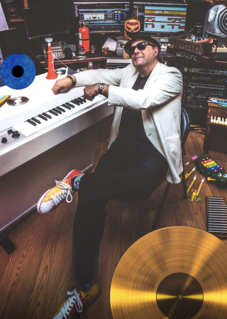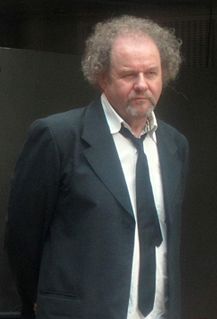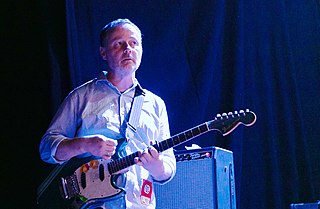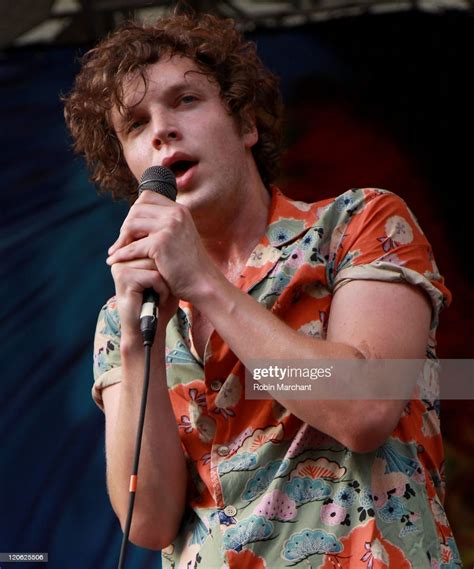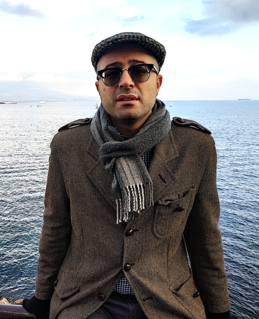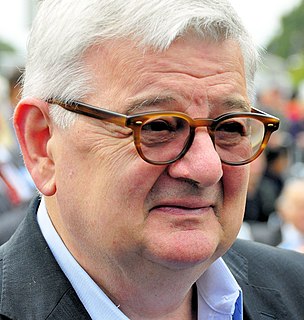A Quote by Daniel Barenboim
For me personally, Elliott Carter was and remains one of the most meaningful composers of the late 20th and early 21st centuries because he represents substance. He was the living proof of uncompromising, complex music, which at first seems inaccessible. But it becomes accessible if one digs in and sees the development through.
Related Quotes
I'm a fan of 20th century orchestral music, the experimental avant-garde composers of the '50s, '60s, and '70s. In horror movies you can write music that if it was performed on the concert stage would have the audience running out of the room with their fingers in their ears. But in a movie all of a sudden it becomes incredibly accessible and appreciated.
The most basic act of awareness or knowing that we can demonstrate in science. I postulate that that is the very basis of why we're conscious at all, that it is this relationship at the quantum level as matter evolves into more complex form, including plants and animals and living substance and ourselves, that this area of consciousness as an awareness becomes more and more complex.
Saying you're a pop group isn't saying very much. Personally, when I think of pop, I think of instant, accessible, catchy songs - I definitely identify our music as that. I think that by writing pop, or instant, accessible or hopefully catchy music, it shoes you into bigger audiences because it seems that more people like that music. I think the possibilities are endless if you stick to a simplistic short song; the music can be as wild and bizarre as you want it to be, as long as at the core of it, there's something really strong.
I think, you know, for someone who does play, let's say, old music or, you know, Baroque music or Renaissance music - and you know, and I do play a lot of that, obviously - engaging with new composers, engaging with young composers, is really exciting because it makes me look at people of the past in a very different way that they are also living, that there was a lot of subjectivity in the decisions that they were making.


